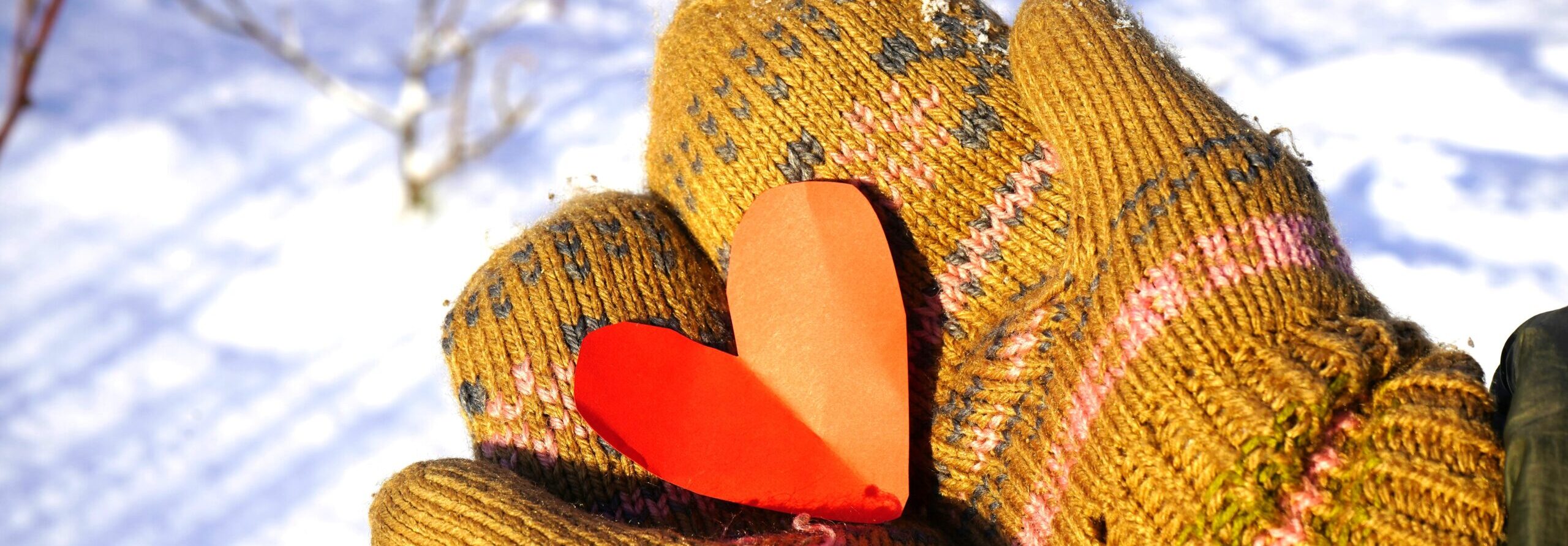
 Research shows that 30 percent of heart attacks occur during the cold winter months, and those with heart conditions are particularly susceptible to cardiac events. Why would cold weather affect your heart?
Research shows that 30 percent of heart attacks occur during the cold winter months, and those with heart conditions are particularly susceptible to cardiac events. Why would cold weather affect your heart?
Dr. Mahesh Bavineni, general cardiologist, explains that temperatures below 30 degrees causes blood vessels in your skin, toes and fingers to constrict to avoid losing heat.
“This causes a lot of burden on the heart’s pumping system, so your heart must pump faster, harder to keep you warm. People who have blockages in the heart or are at risk for heart problems are more prone to heart attacks.”
He shares five tips to protect your heart in cold temperatures.
Avoid long exposure to the cold.
If you must go outside, don’t stay long and make sure you’re well-insulated. “If you know you’re going to be in the cold dress up in water-resistant layers: coat, scarf, hat and gloves,” Dr. Bavineni says.
Limit strenuous exercise.
Shoveling snow or engaging in strenuous activities outside can put extra strain on your heart. “You don’t need to shovel snow if you have heart conditions,” Dr. Bavineni says. “Ask your neighbor or phone a friend for help.”
Watch over-eating and alcohol.
It’s easy to indulge in food and alcohol in the winter months, especially if you struggle with seasonal affective disorder or “winter blues.” Avoid overconsumption of fatty, rich foods and alcohol, which puts even more strain on your heart.
Stick to a heart healthy diet.
Eating for heart health doesn’t end in the summer. Eat your veggies, fruits, lean proteins and whole grains during the winter to support your cardiovascular system all year.
Listen to your body.
If you’re having symptoms, go to the ER and talk with your doctor, Dr. Bavineni stresses. Before the winter hits, make sure you know the signs of a heart attack.
Sudden cardiac arrest can occur anywhere, anytime to anyone, often without warning. Take your heart health in your own hands and learn your cardiovascular for cardiac arrest, heart attack and stroke risk before it’s too late. Discover our wide range of cardiac care services or ask your primary care provider for a referral today.
Dr. Bavineni talks with KATV about how cold weather affects the heart.